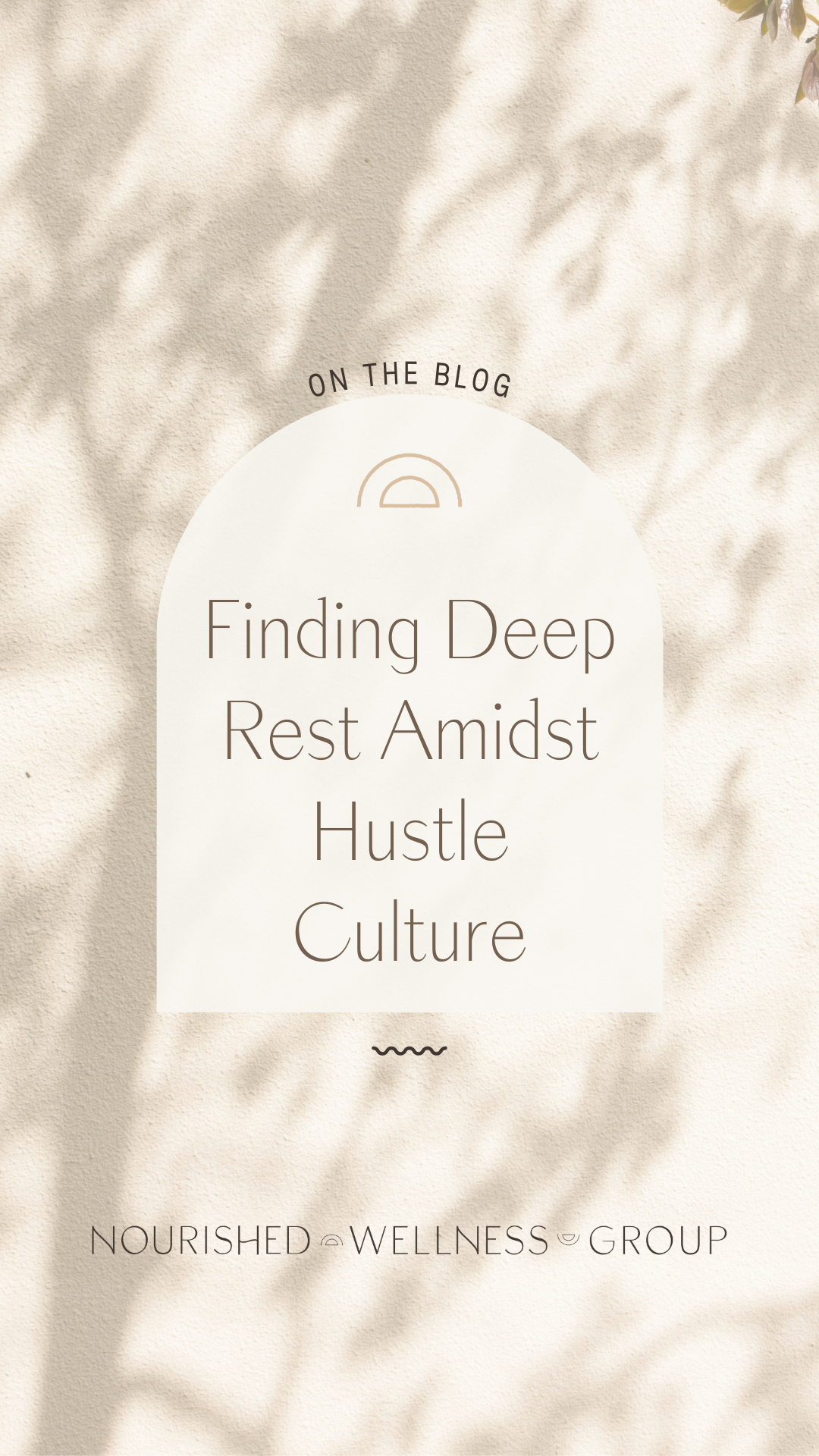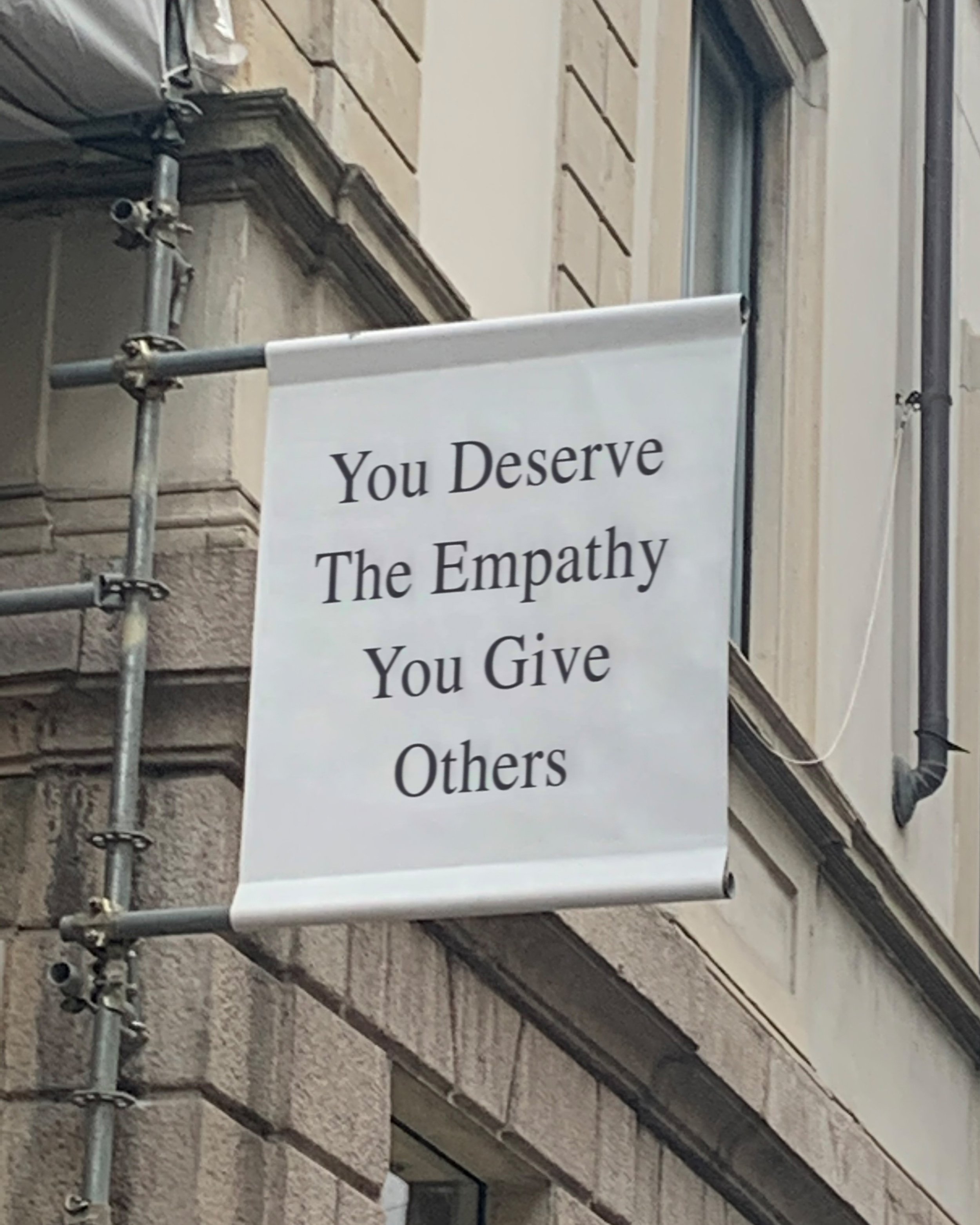Holistic Healing for Inner Chaos: Tools to Navigate Internal Conflict
“The quieter you become, the more you are able to hear.” ― Rumi
When we take a multi-layered approach to complex issues like inner conflict, we foster a greater sense of self-awareness, resiliency, and inner peace.
What is it?
Inner conflict is something we all encounter, and struggle to navigate. Inner conflict refers to a state of psychological distress from battling conflicting desires, needs, or beliefs within an individual. This conflict can manifest as struggles between different aspects of one’s personality, values, or goals, often leading to emotional turbulence and cognitive dissonance. Inner conflicts can range from daily scheduling conflicts between going to the gym after work or before to massive life decisions like staying with a partner or changing a career path. No matter the inner conflict, there are strategies to learn more about what is driving this conflict to better integrate and feel more internal peace moving forward.
How does it feel?
Inner conflict can lead to challenges in several ways. When we are actively experiencing an inner conflict it can inhibit decision-making, create difficulty in identifying values, inhibit self-expression, as well as create feelings of anxiousness like overthinking, rumination, or frustration, and feelings of depression like hopelessness, overwhelm, or feeling lost or stuck. Overall, inner conflict can leave us feeling very chaotic from the inside out. It can impact not only our emotional state, but our behavior as well and feelings of competency in self-awareness.
These types of inner conflict cover the basics and are not exclusive to one another. Depending on the circumstances that your inner conflict is arising, you may experience more than one active category.
Intrapersonal conflict: when conflicting thoughts, feelings, or motivations arise within the individual. For example, wanting to pursue an artistic career to satisfy desire for passion, but also feeling obligated to choose a more financially stable career.
Value conflict: Discrepancies between personal values and external expectations or societal norms. This can lead to feelings of guilt, shame, or uncertainty about one's identity and choices. For example, if you personally value being kind to others, but you also value autonomy, you may feel a values conflict in determining to speak out or not against seeing unkind behavior in others.
Emotional conflict: conflicting emotions in an individual, which is often an aspect of all inner conflict. For example, feeling torn at loving a partner, while also being annoyed at them for behaviors like being late.
Cognitive Dissonance: When a person holds two contradictory beliefs at the same time and the resulting let down at not being able to do both. For example, valuing having a large savings, but also valuing getting something new and so spending as soon as getting extra cash, then experiencing feelings of guilt, embarrassment, or shame about behavior.
HOLISTIC TOOLS:
We can address inner conflict holistically as it arises through a variety of techniques and tools. The first step is to notice or bring awareness to the nuanced experience of inner conflict, then to articulate it, then to explore through the support of a clinician, trusted friend, or in self-reflection, to hopefully bring you closer to clarity, decision making, or a sense of peace. To holistically approach the many varied ways inner conflict shows up in daily life, involves integrating the mind, body, emotions, and spirit.
1. Holistic Therapy
IFS (Internal Family Systems) is a holistic therapeutic modality that can offer and bring in clarity, organization, and understanding around inner conflict and can be done with the support of a clinician. IFS conceptualizes humans as having many different “parts” ourselves. IFS works at treating the individual holistically through integration of the mind/body connection and noticing where “parts” live in the body through a practice of noticing physical sensations. For example, when a part of us feels tired and lethargic in the body, but another part feels determined to push through to complete a project or goal.
An aspect of what is so challenging with inner conflict is in articulating the conflicting nature. It’s often at odds with logic…how can we love and feel angry at someone all at once?! Integrating “parts” language in articulating how we feel, what we believe, what we desire, and what we need, can alleviate some of the challenge when encountering inner conflict. Offering language to our inner experience can help to bring acknowledgement, truth, and a sense of peace. Once we can articulate the conflict to ourselves and others, we are then one step closer to processing the conflict, the various parts, and then make a clear-minded choice.
2. Mindfulness and meditation
Practicing mindfulness helps cultivate awareness of inner experiences without judgment. When we’re able to observe our inner conflict without judgement we can take a more objective and clear-minded stance on the realities of the conflict, and better ablet to witness what beliefs, values, or emotions they are derived. Meditation techniques can help individuals observe their thoughts, emotions, and bodily sensations, promoting self-understanding and deeper mind/body connection.
3. Self-reflection and journaling
Engaging in regular self-reflection and journaling allows individuals to explore their thoughts, feelings, and values. Writing can provide clarity and insight into the sources of inner conflict and facilitate the process of reconciliation, coupled with a non-judgmental approach.
4. Body-centered Practices
Incorporating practices such as yoga, tai chi, or qigong can help individuals connect with their bodies and release tension stored in muscles and tissues. When our body is in a more relaxed state, we often experience the mental effects of increased patience, curiosity, and a sense of balance. These practices promote relaxation, balance, and self-awareness, integral to self-exploration of what is causing the distress associated with our inner conflict.
Incorporating these holistic approaches, allows us to address inner conflict from multiple dimensions. When we take a multi-layered approach to complex issues like inner conflict, we foster a greater sense of self-awareness, resiliency, and inner peace. Conflicts will continue to exist and arise, but with a practice of noticing, support, and reflection, we can build a sense of trust and self-efficacy to process them.
About me:
Hi there! I’m Alicia and I’m an Associate Marriage and Family Therapist at Nourished Wellness Group. My passion lies in supporting women, men, and non-binary individuals, couples, and triad clients who long for a supportive space to heal what has been hurt and create an environment to thrive through significant connection.
I specialize in using Somatic IFS, EMDR, and yogic principles to treat those struggling with complex trauma, sexual trauma, relationship issues, anxiety, depression, issues related to self-esteem, and improving a deeper mind-body connection.
Pin This Post!
Related Posts
If this post was helpful, you might also like these…










